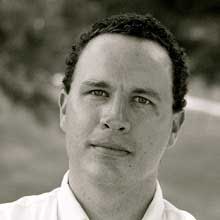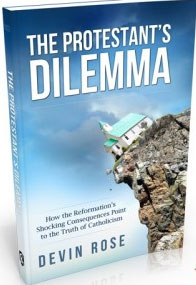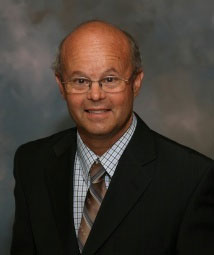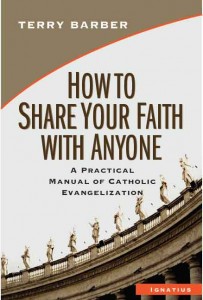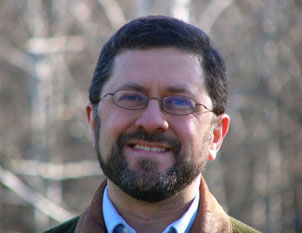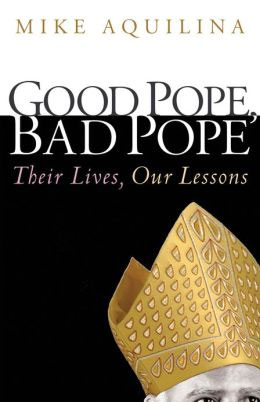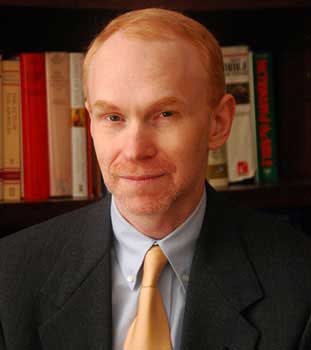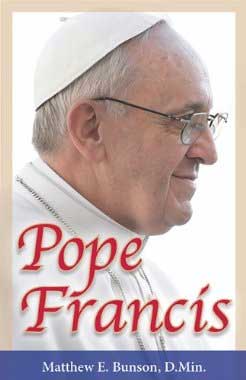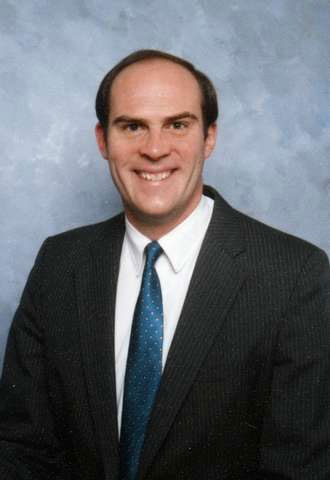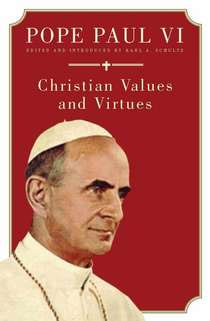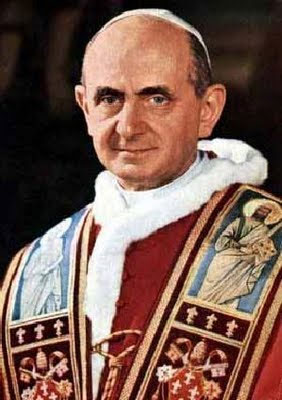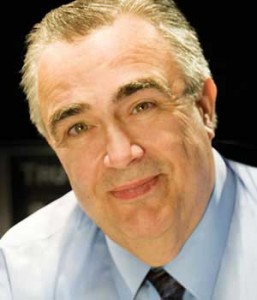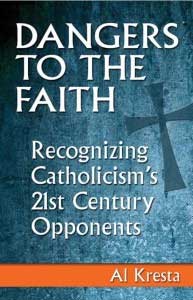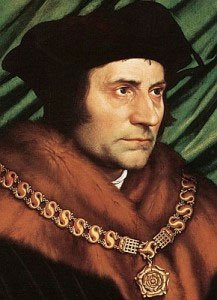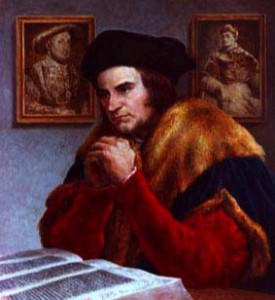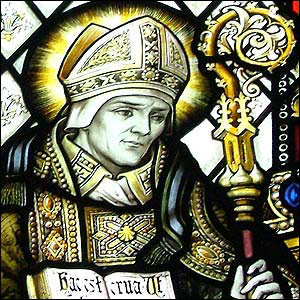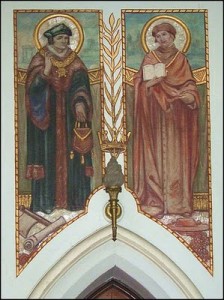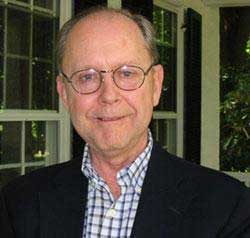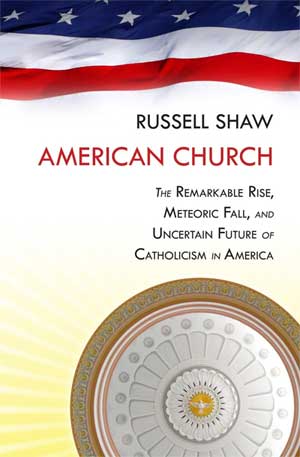 What a delight to once again speak with Dr. Scott Hahn, especially about his exceptionally important book Evangelizing Catholics: A Mission Manual for the New Evangelization”. Who should have this book? Everyone! Just the right mix for the adult Catholic to digest: part history book, part theology book, steeped in Scared Scripture, a sacramental feast, anointed by the Holy Spirit…this work is just what the Church needs at this time. If I had my way, every Catholic community would be passing out this book after mass even more eagerly than it does it’s parish bulletin! HIGHLY ENCOURAGED READING!
What a delight to once again speak with Dr. Scott Hahn, especially about his exceptionally important book Evangelizing Catholics: A Mission Manual for the New Evangelization”. Who should have this book? Everyone! Just the right mix for the adult Catholic to digest: part history book, part theology book, steeped in Scared Scripture, a sacramental feast, anointed by the Holy Spirit…this work is just what the Church needs at this time. If I had my way, every Catholic community would be passing out this book after mass even more eagerly than it does it’s parish bulletin! HIGHLY ENCOURAGED READING!
Podcast: Play in new window | Download (Duration: 27:47 — 25.4MB) | Embed
Subscribe: Apple Podcasts | Spotify | Amazon Music | Android | Pandora | iHeartRadio | JioSaavn | Podchaser | Gaana | Podcast Index | Email | TuneIn | Deezer | Anghami | RSS | More
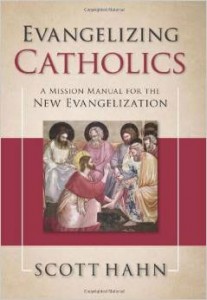 You can find the book here
You can find the book here
You can’t keep the faith unless you give it away. That’s a fact. To be a Christian is to be an evangelizer. When the Catholic Church calls us to a “New Evangelization,” that’s simply a reminder to us of what has always been true. The good news is: you can do it – you can evangelize – and Scott Hahn shows you how. In this this very practical “mission manual” Dr. Hahn equips you with: A guide to understanding what the New Evangelization is, and who it’s really for A roadmap that leads you to where it all happens (hint: it’s closer than you think) A simple, beautiful message to share – in words and actions You don’t need esoteric knowledge. You don’t need to master a new set of skills. Evangelization, for Catholics, is simply friendship raised up to the highest level. Enter a deeper friendship with Christ, and you’ll want to share his companionship more and more with a wider circle of friends.

